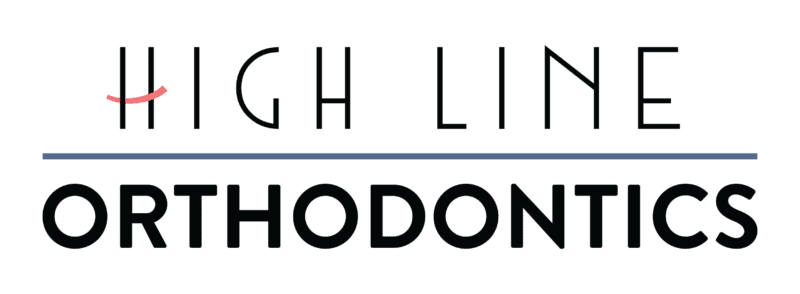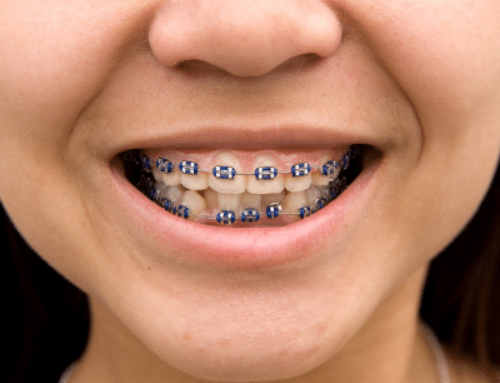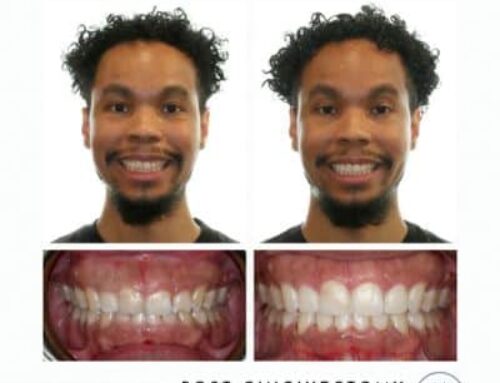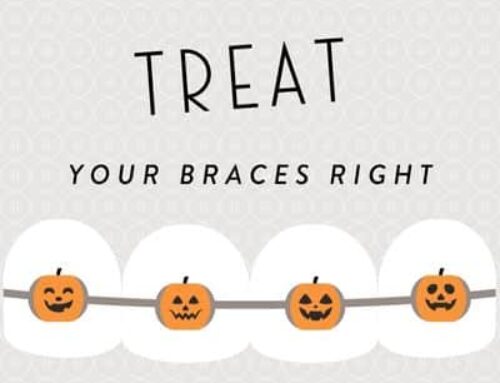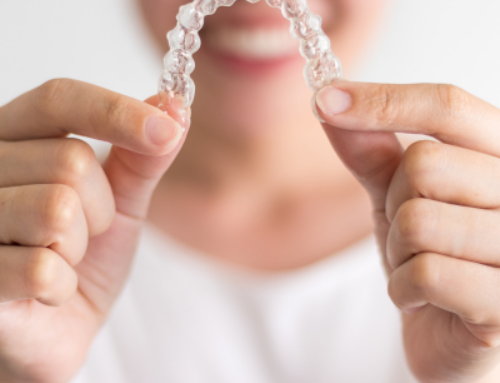Approximately 2-3% of the population has a gene that causes the permanent second premolar on the lower dental arch to never develop. It’s called hypodontia of the mandibular second premolar, and it’s an occurrence that often complicates orthodontic treatment. Other relatively common genetically missing permanent teeth are third molars (wisdom teeth) and maxillary lateral incisors (the teeth next door to your front teeth or central incisors).
Siera’s Case
In this case, we straightened Siera’s mandibular central incisor, which erupted 180 degrees rotated, and then spent time ensuring the root was properly torqued into the bone. Straightening teeth is the easy part— keeping them properly supported by bone when there’s crowding is the challenge! If this isn’t done, it can contribute to gum recession risk in the future.
This patient also had a retained primary tooth on the lower right that did not have a successor, or adult tooth, underneath. This made her case especially challenging because this baby tooth takes up more space than the adult tooth that was missing.
Additionally, the lower arch already had a significant space deficiency and she had mild overjet, meaning we couldn’t lean her teeth forward to make space, or an anterior underbite/crossbite would form! With the help of elastics and some tooth “slenderizing” on her lower arch, we made everything fit properly. Note that this different-sized primary tooth also affects the achievable intercuspation and midline coincidence.
Retained Primary Teeth
We want to keep these retained primary teeth as long as possible, when possible. If we can keep these retained baby teeth healthy and in proper function, we can prevent the patient from needing an implant, at least for several decades. Having your own healthy tooth is always preferred to having anything artificial in your mouth!
Did you know that Dr. Pompei also has this same exact baby tooth still in her mouth because the adult tooth never formed? She babies her baby tooth, flossing and cleaning around it carefully in hopes that she can keep it for a long, long time.
You can request a consultation with Dr. Pompei using our online scheduling tool or by calling our office at 212-484-0711.
